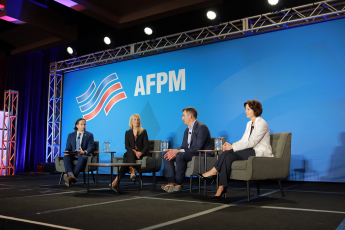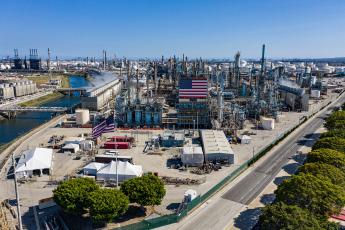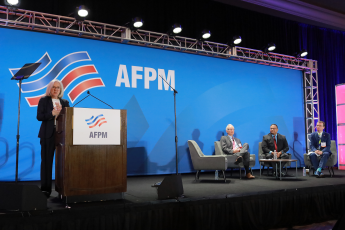AFPM Honors Refining and Petrochemical Facilities Demonstrating Outstanding Safety
WASHINGTON, D.C. — The American Fuel & Petrochemical Manufacturers (AFPM) is proud to announce the winners of the 2023 Annual Safety Awards, considered the refining and petrochemical industries’ premier safety awards. They are part of a comprehensive program developed by the AFPM Safety and Health Committee to promote safe operations in our industries and recognize facilities that have outstanding occupational and process safety performance.










